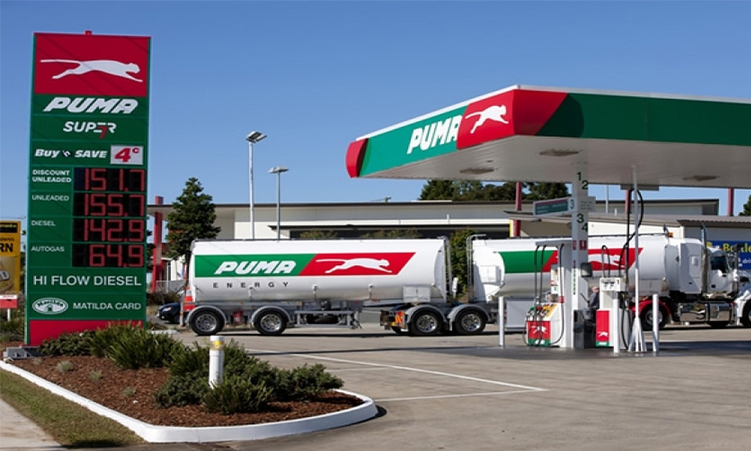PUMA Energy Namibia has put on hold its plan to install electric vehicle (EV) charging stations across the country, citing low EV adoption and high vehicle costs.
Puma Energy Namibia general manager Adell Samuelson says the current EV market lacks affordability and sufficient range, discouraging potential buyers.
“EVs remain quite unaffordable, with prices ranging from N$700 000 to N$1 million, which is beyond the reach of most Namibians,” she says.
Additionally, the limited driving range of available models (120km to 400km) also deters potential users.
Samuelson emphasises the need to avoid undertaking initiatives that may ultimately prove unsuccessful.
“We do not wish to invest in infrastructure that may not be utilised. However, we remain optimistic about the future and intend to collaborate closely with car dealerships to revisit these plans.”
Samuelson says the complexities surrounding payment solutions for EV charging are an additional concern.
“Determining the preferred payment methods for charging EVs remains a challenge. While our engineering team is prepared with specifications, we must first address this critical issue.”
Samuelson outlines alternative strategies focusing on strategic routes rather than widespread deployment.
“Our current focus is on identifying strategic routes for potential charging stations. We have engaged with EV owners and are considering locations based on their feedback and existing charging patterns.”
Earlier this year, Puma Energy announced a partnership with car dealerships to introduce EV charging points, initially targeting the South Africa-Noordoewer-Windhoek-Swakopmund routes.
Samuelson has expressed empathy for the Road Fund Administration (RFA), which faces potential revenue challenges with the rise of EVs.
“The RFA must proactively explore revenue recovery plans. As EVs become more prevalent, the traditional fuel levy revenue model may become unsustainable.”
In response, RFA chief executive Ali Ipinge has appealed to lawmakers to devise policies to address future revenue concerns associated with the proliferation of EVs.
Currently, Namibia boasts approximately 100 EVs. In contrast, the country has approximately 400 000 combustion vehicles.
Notable EV models available in Namibia include the Nissan Leaf, Mercedes EQA/EQB, and BMW iX. The Nissan Leaf is priced at around N$240 000, according to research done by EV enthusiast Sybrand de Waal. The car has a driving range of over 120km, while the Mercedes EQA boasts a range of 395km. The BMW iX, starting at N$1,7 million, provides a range of approximately 400km. – The Brief
Stay informed with The Namibian – your source for credible journalism. Get in-depth reporting and opinions for
only N$85 a month. Invest in journalism, invest in democracy –
Subscribe Now!






